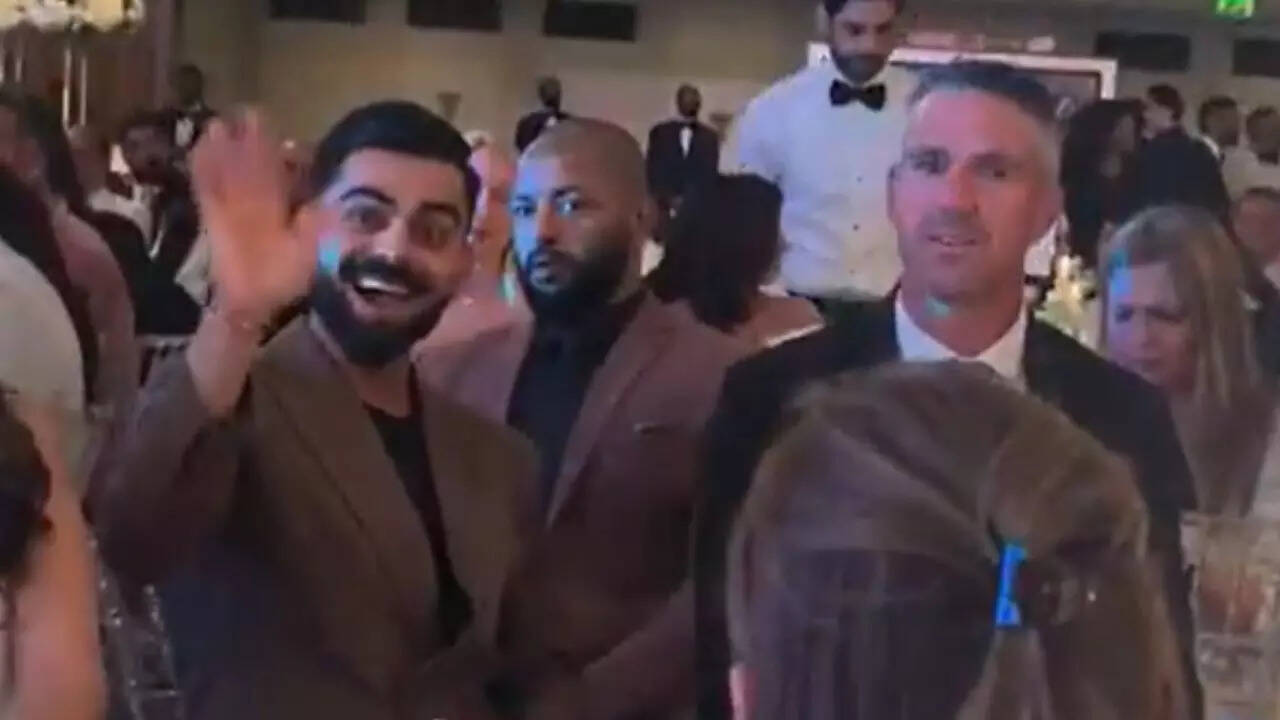Asked about Anushka and kids, Kohli responds with gestures - Watch

Tensions rise as Trump labels Zelensky a barrier to peace, while Ukraine prepares for German-supplied long-range weapons. Meanwhile, Lavrov praises North Korean soldiers for aiding Russia in Kursk.

All major sources, one page
Feel the mood behind headlines
Know what’s trending, globally
Get summaries. Save time
8,214
120
211
33 minutes ago
Stay sharp in 60 seconds. Get concise summaries of today’s biggest stories — markets, tech, sports, and more
All major sources, one page
Feel the mood behind headlines
Know what’s trending, globally
Get summaries. Save time
8,214
120
211
33 minutes ago
Stay sharp in 60 seconds. Get concise summaries of today’s biggest stories — markets, tech, sports, and more